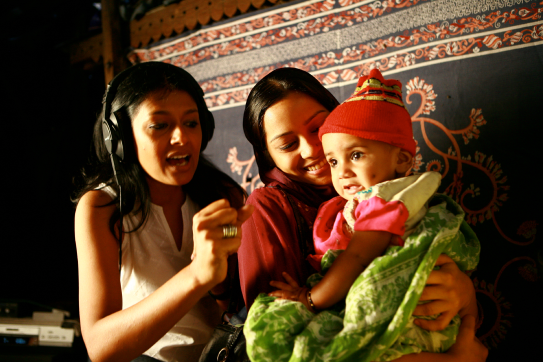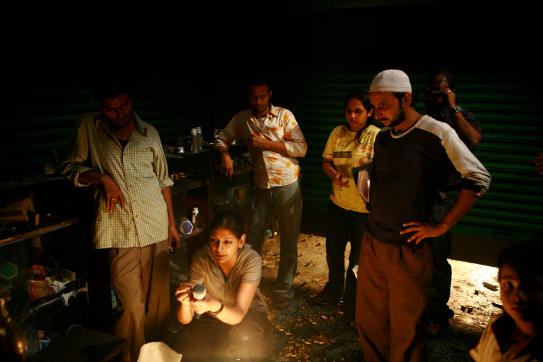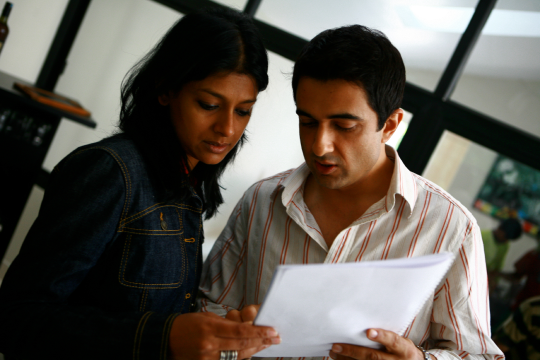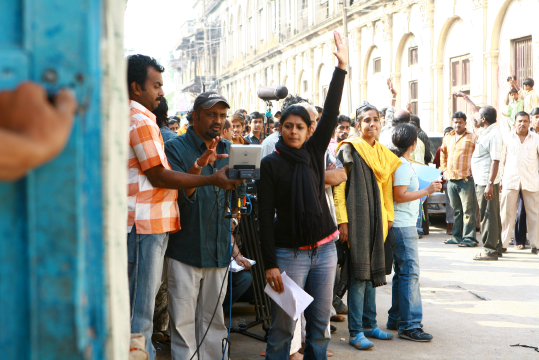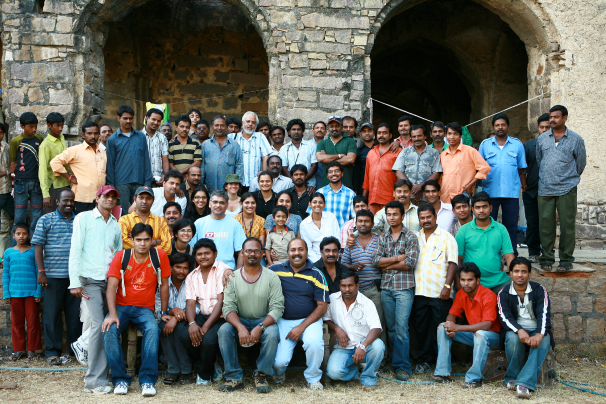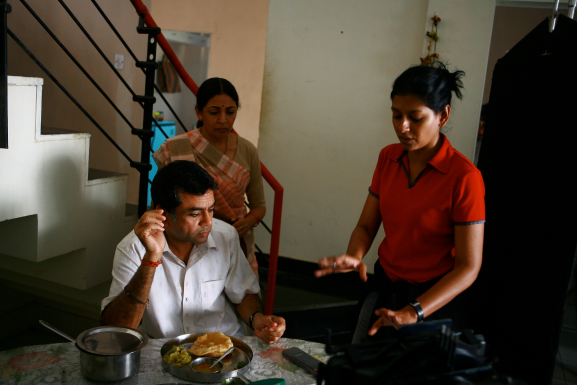Punjab, of drugs and mothers
- December 1, 2015
My most vivid memory of Amritsar is of August 14, 2005. I was at a university with prominent Indo-Pak peace champions like Kuldip Nayar and Vinod Mehta from India and Asma Jahangir and Manzoor Ahmed from Pakistan. We all spoke to an enthusiastic gathering of young people. Then went on to the Wagah border, where there was much singing and friendly sloganeering on both sides. The evening carried on beyond midnight with thousands of people gathered on a ground with candle lights. That memory of collective intent for peace still warms my heart.
But my recent trip to Amritsar left me feeling deeply disturbed. I was invited to an event, mainly for mothers, who either had lost their sons to drugs or were struggling to save them from it. There were also high school girls and boys, who were there to be warned of the menace. I walked into the ground, on the outskirts of the city, and instantly felt a sense of foreboding in the air.
Initially I was hesitant to accept this invitation as I knew nothing about the issue at hand. But they insisted as they thought I might attract some media and also I was the only ‘celebrity’ they managed to access! So while I knew my purpose for being there was reasonably superfluous, I accepted the invite to increase my own awareness. But what I got to know was far more alarming than what I had imagined. Ashamed of my ignorance, I began digging deep.
I was told that two-thirds of all rural households in Punjab has at least one drug addict. It wasn’t without reason that villages like Maqboolpura are called “Village of widows and orphans”. Multiple surveys show a large number of Punjab’s youth take some form of drugs. Almost every general store sells strips of prescription drugs. It is not uncommon to see idle school children and college kids huddling together, gambling and taking drugs. It is said, old men stack opium at the back of their huts and a steady stream of addicts place ten-rupee notes in their hands to get their hits. For many, this has become the main means of sustenance and therefore any attempt to curb drugs or illicit liquor provokes violent resistance.
With mostly men falling prey to it, women and children bear the brunt of living in a toxic atmosphere of crime and violence fuelled by addiction. Local leaders, instead of controlling the menace have actually given patronage to drugs, especially during elections. Shameful how they gather young boys and distribute contraband drugs freely, often even through chemists.
Sadly, the cure for it has also become a problem. Punjab’s drug addiction crisis has given rise to a flourishing business of illegal de-addiction centres that have sprouted across the state. Families of addicts are willing to buy hope at any cost. Many of them cannot afford the de-addiction treatments, but stretch themselves, falling prey to false promises. Billions of dollars are spent on buying both, the malaise and its cure.
Partition, quick money during Green Revolution, demand for Khalistan, Operation Blue Star, communal riots, terrorism and the failure of the state government to create employment opportunities for the youth—all this collectively seems to have led to Punjab’s decline. But beyond all data and information, what moved me were the real life stories of people (mostly mothers) who are suffering the consequences. From far, we can afford to see it as an issue. But, for them, they live it every day, every minute.
Impassioned speeches were given by strong women who through their own work and commitment are desperately trying to change the situation. While the ground realities were painful, listening to these women take on the system was most inspiring. It is shocking why this monumental crisis in one of India’s most looked up to states has not taken centre-stage in national media and has remained a regional issue. I returned feeling deeply distressed and still can’t forget all those mothers who sat there dry-eyed, with no energy to even cry. This piece is my ode to their struggle and courage.

